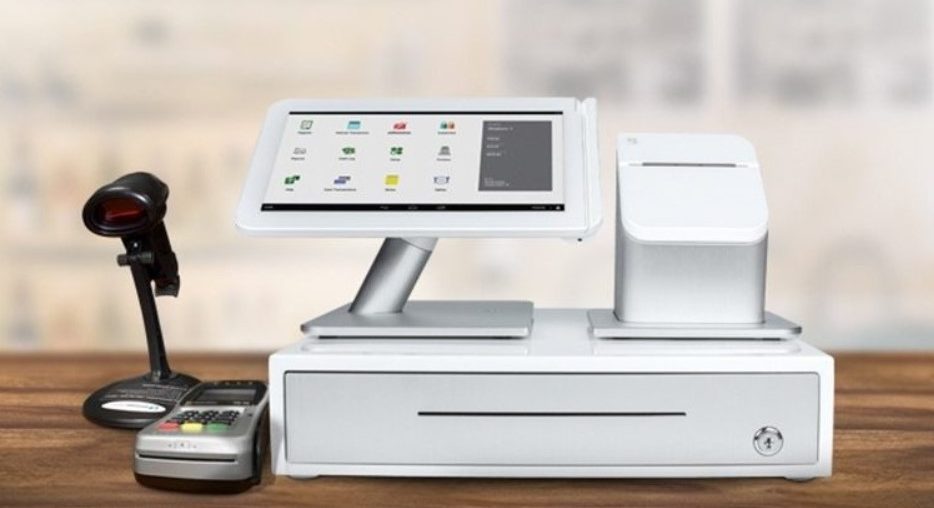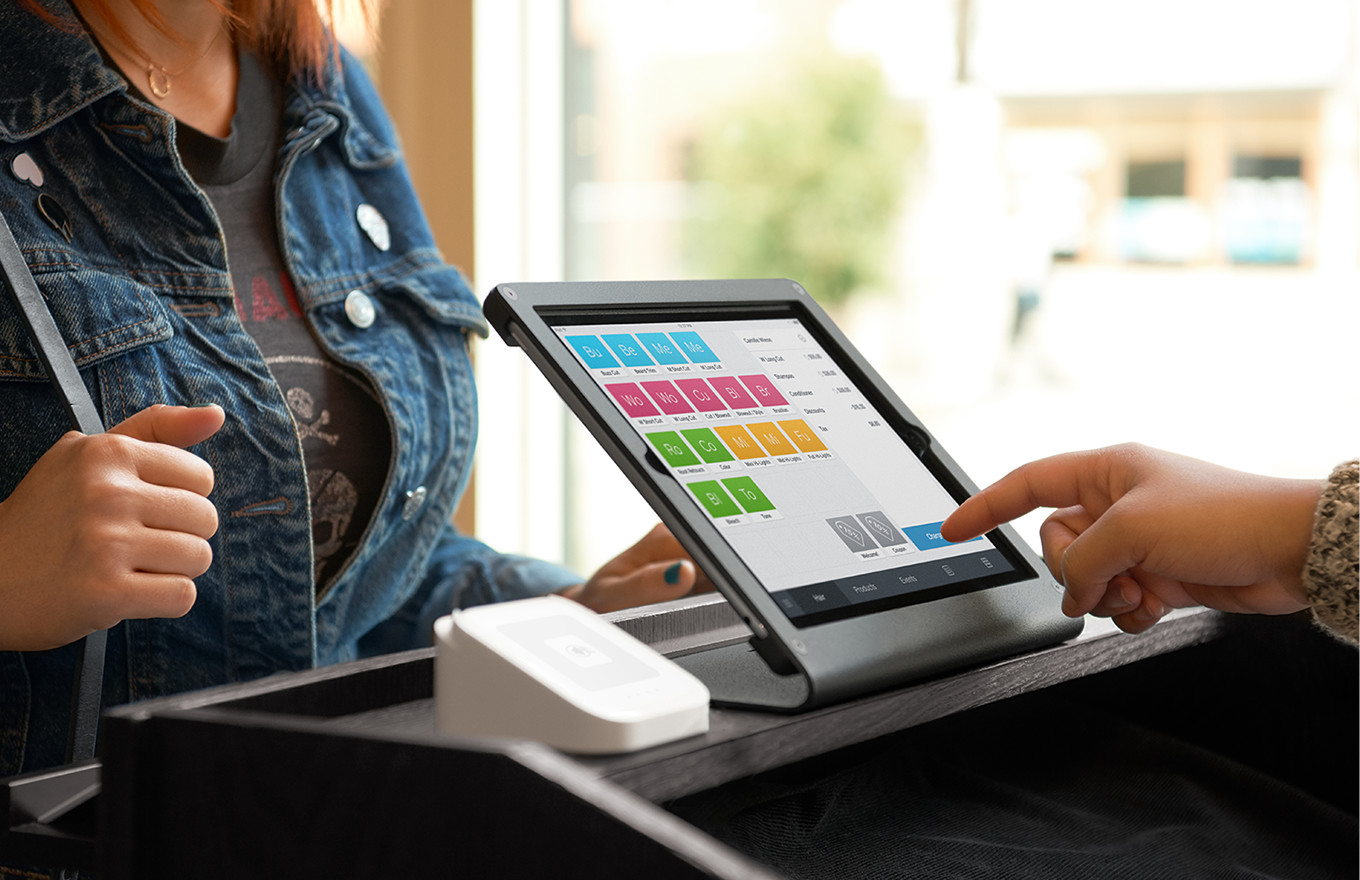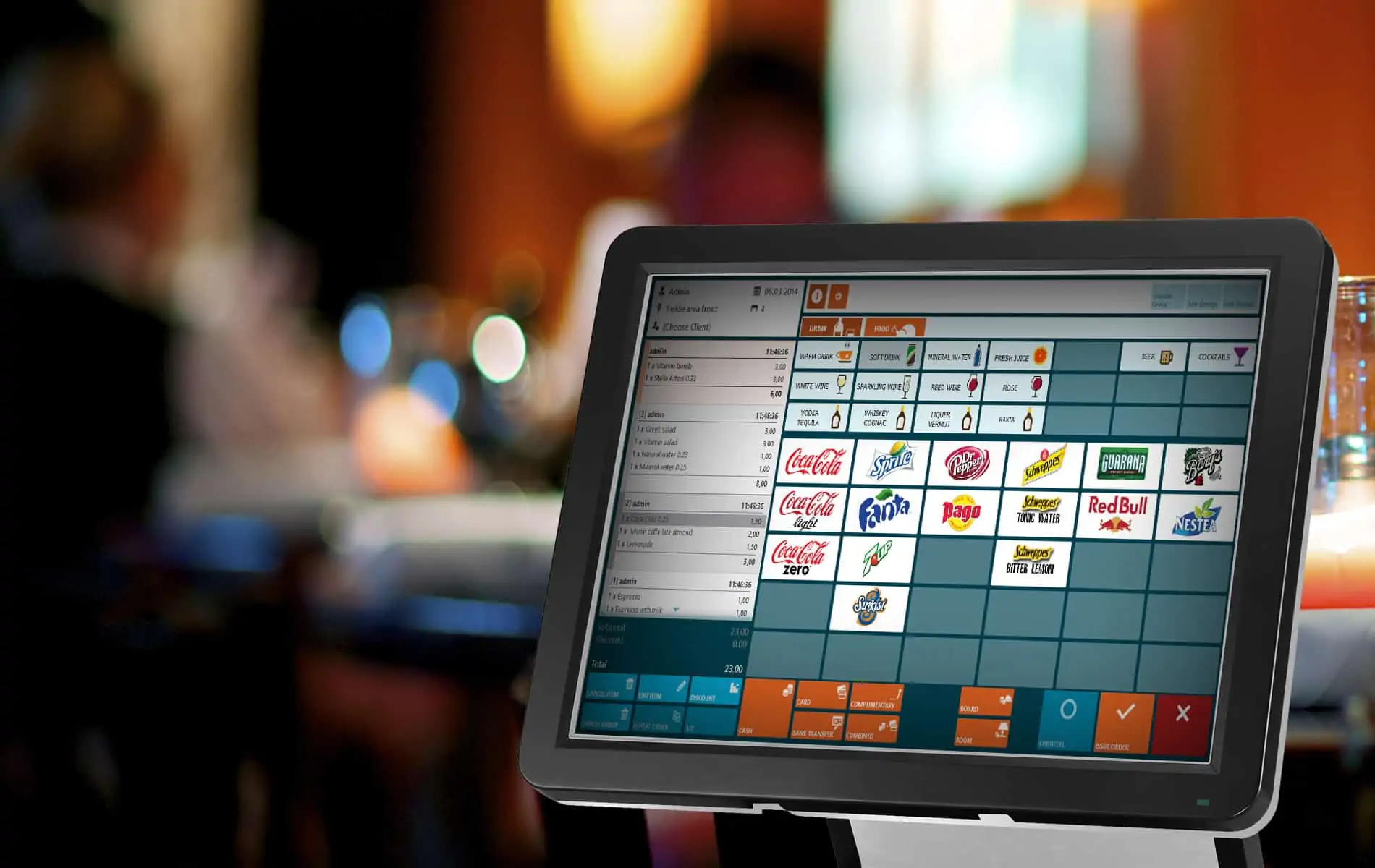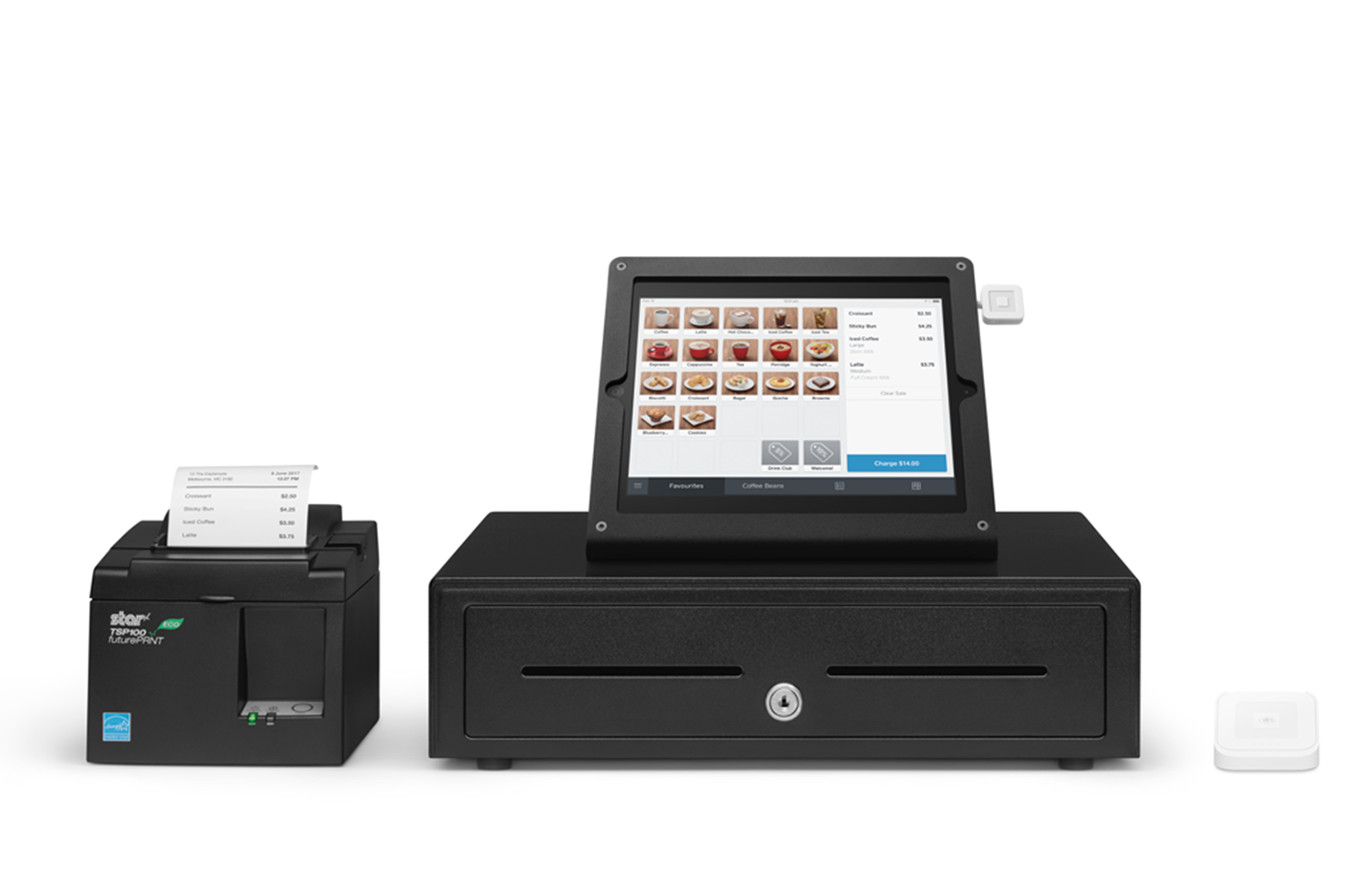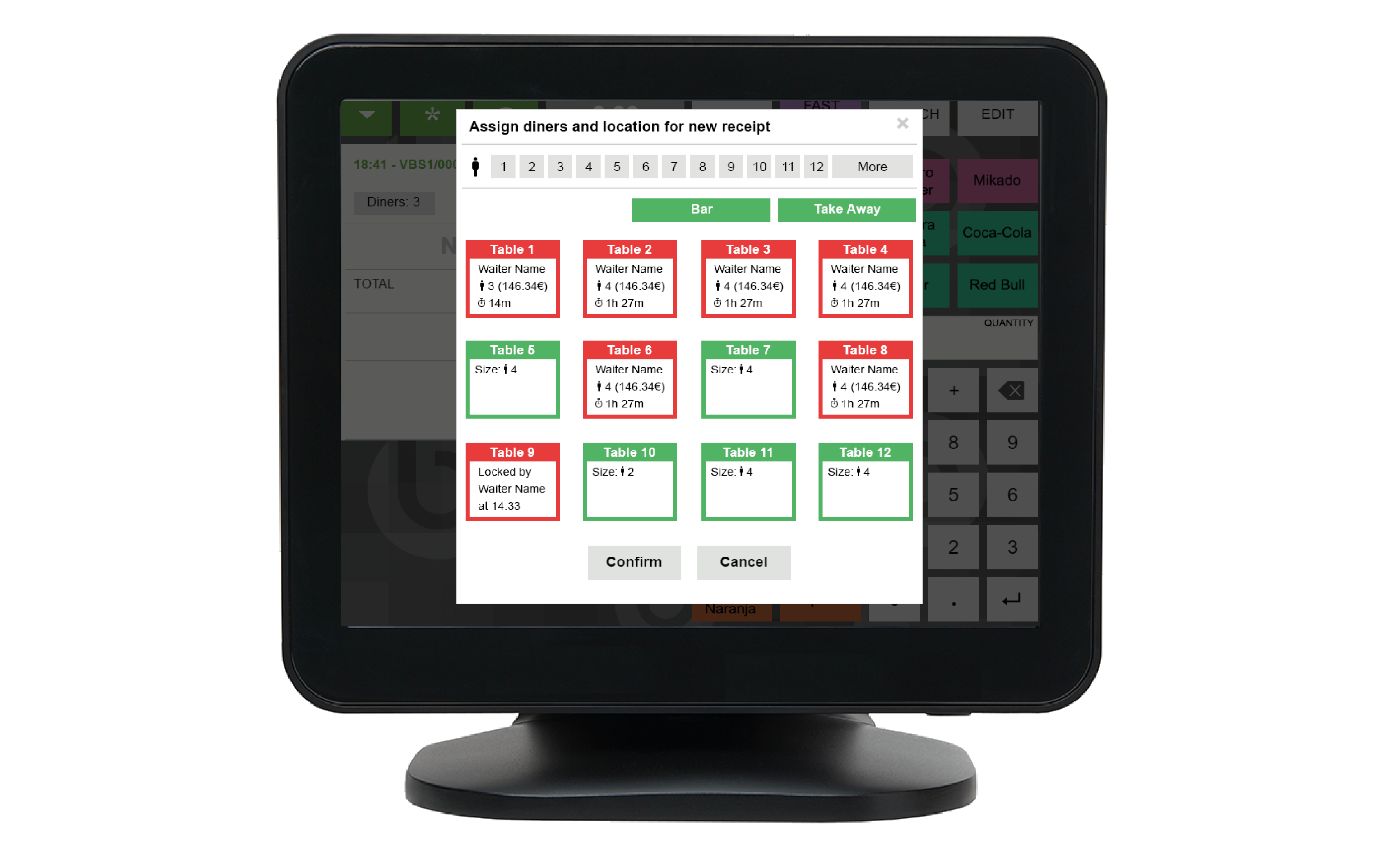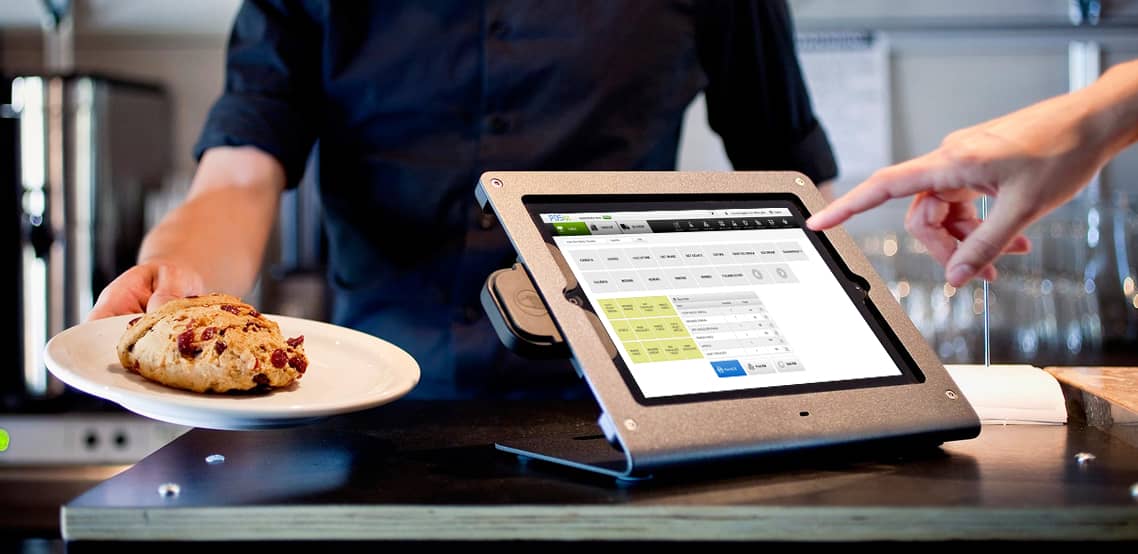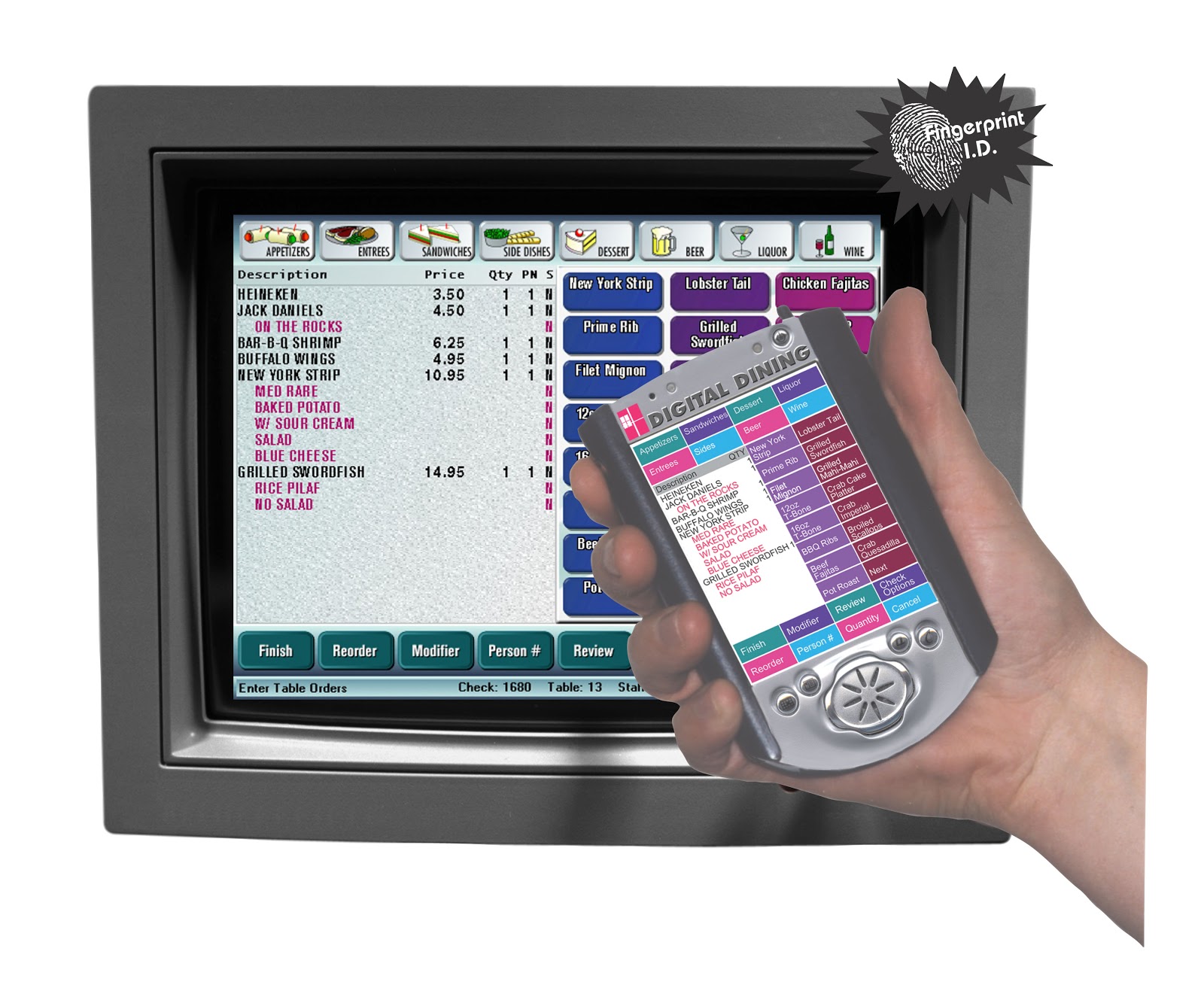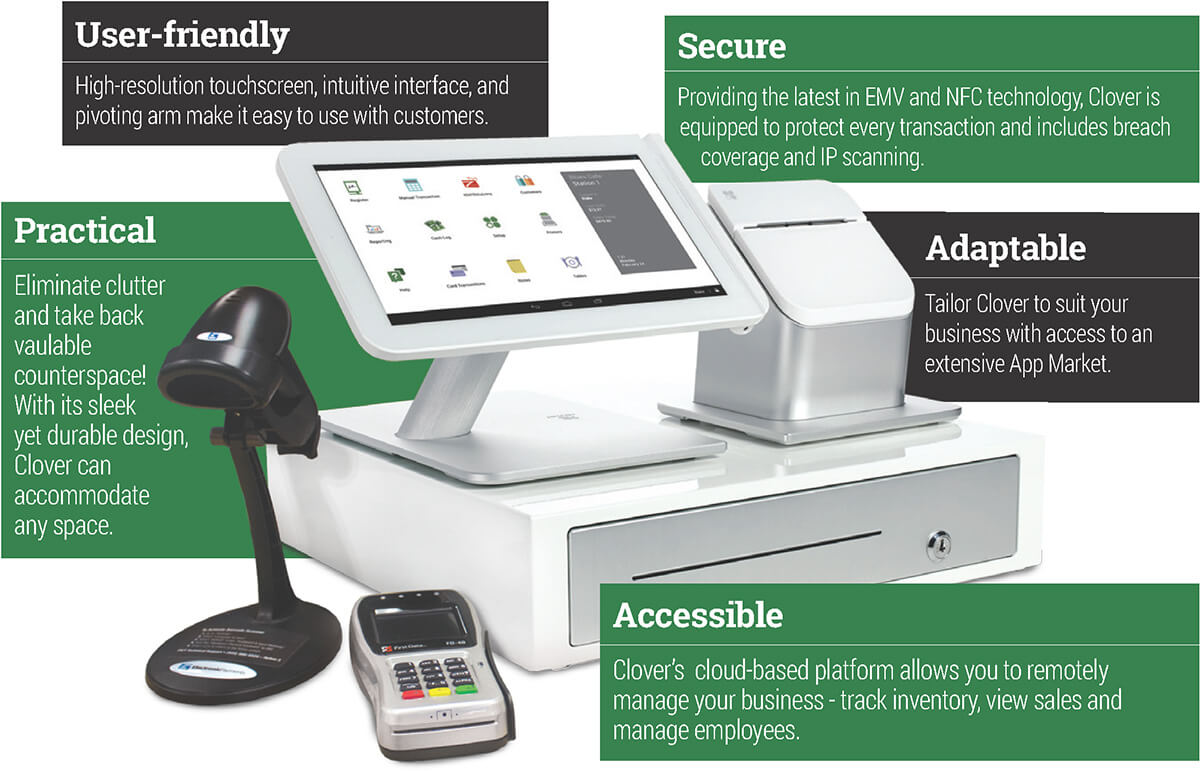
Clover POS systems offer a robust and scalable solution for businesses of all sizes, streamlining operations and enhancing the customer experience. This comprehensive guide delves into the key features and benefits of Clover, addressing common questions and exploring its suitability for various business models. We’ll examine the system’s functionalities, its integration capabilities, and its overall value proposition, equipping you with the knowledge to determine if Clover is the right POS solution for your needs. From its intuitive interface to its advanced reporting tools, we’ll cover everything you need to know to make an informed decision.
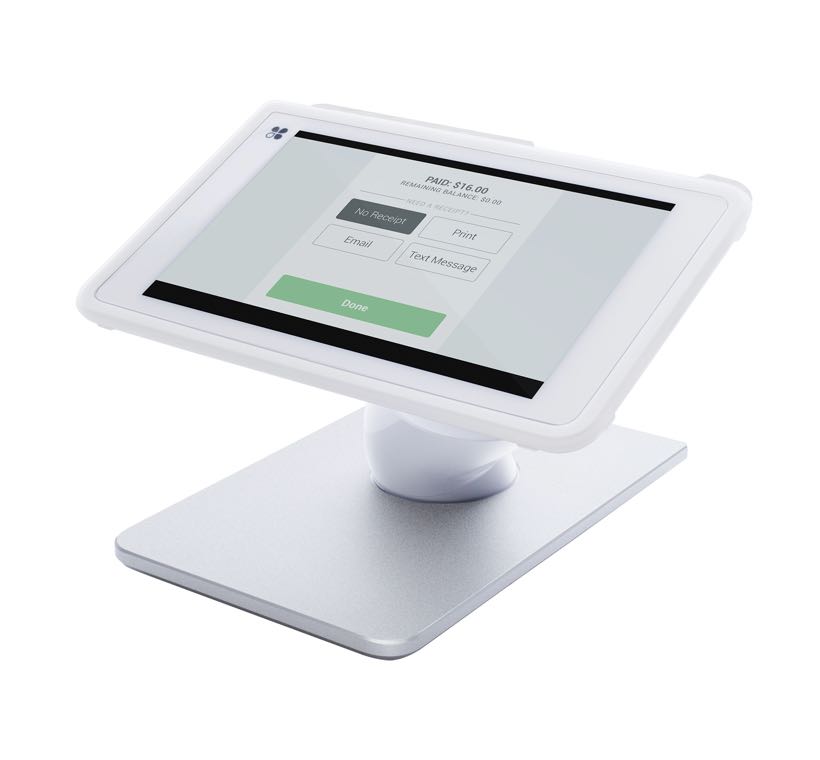
Introduction
In today’s competitive business landscape, choosing the right point-of-sale (POS) system is crucial for success. A reliable and efficient POS system can significantly impact your operational efficiency, customer satisfaction, and ultimately, your bottom line. Clover POS systems have emerged as a leading contender, offering a comprehensive suite of features designed to meet the diverse needs of modern businesses. This detailed guide will explore the capabilities of Clover, providing you with a clear understanding of its strengths and how it can benefit your business.
Frequently Asked Questions (FAQs)
- Q: What types of businesses can benefit from using a Clover POS system?
A: Clover caters to a wide range of businesses, from small cafes and boutiques to large restaurants and retail chains. Its scalability allows it to adapt to the specific needs of each business, regardless of size or complexity.
- Q: How much does a Clover POS system cost?
A: The cost of a Clover system varies depending on the hardware and software packages chosen. There are upfront costs for hardware and monthly subscription fees for software features and processing services. It’s best to contact Clover directly or a reseller to get a personalized quote based on your specific requirements.
- Q: What kind of customer support does Clover provide?
A: Clover offers comprehensive customer support through various channels, including phone, email, and online resources. They also have a large network of authorized resellers who can provide on-site support and training.
Hardware Options and Selection
Choosing the right Clover hardware is crucial for optimizing your system’s performance and usability. Clover offers a variety of hardware options, each designed to meet specific business needs. Understanding these options and choosing the right fit is paramount for seamless integration and efficient workflow.
- Clover Station: A powerful all-in-one system perfect for larger businesses needing advanced features and robust processing power. Its large screen and integrated printer make transactions efficient.
- Clover Mini: A compact and portable solution ideal for smaller businesses or those with limited counter space. Its smaller footprint doesn’t compromise functionality.
- Clover Flex: A truly portable device, perfect for mobile businesses, markets, or events. It’s exceptionally versatile and adaptable to diverse environments.
- Clover Go: A pocket-sized card reader, perfect for small businesses needing a simple and affordable solution for processing payments on-the-go. Ideal for mobile services.
- Peripherals: Clover seamlessly integrates with a wide array of peripherals, including barcode scanners, receipt printers, cash drawers, and customer displays, customizing your setup for peak efficiency.
Software Features and Functionality
Clover’s software is renowned for its intuitive design and comprehensive features. Navigating the system is straightforward, even for users with limited technical experience. The wide range of features makes it a powerful tool for managing all aspects of your business.
- Inventory Management: Track inventory levels, set low-stock alerts, and manage pricing with ease. Prevents stockouts and streamlines ordering processes.
- Employee Management: Assign roles, track employee performance, and manage payroll information directly within the system. Improves operational control and reduces administrative burdens.
- Sales Reporting and Analytics: Access detailed sales data, identify top-selling items, and track key performance indicators (KPIs). Allows for data-driven decision-making.
- Customer Relationship Management (CRM): Collect customer data, personalize interactions, and build loyalty programs to enhance customer engagement. Fosters lasting relationships and increased repeat business.
- Payment Processing: Accept a variety of payment types, including credit cards, debit cards, contactless payments, and mobile wallets, ensuring flexible payment options for your customers. Reduces transaction processing time and minimizes errors.
- Integrations: Clover integrates with various third-party apps and services, extending its functionality to meet your specific business needs. Enhances operational efficiency and customization.
Payment Processing and Security
Secure and reliable payment processing is paramount for any business. Clover employs advanced security protocols to protect both your business and your customers’ financial information. This ensures peace of mind and builds trust with your clientele.
- PCI Compliance: Clover adheres to the Payment Card Industry Data Security Standard (PCI DSS), ensuring secure handling of sensitive payment data. Protects your business from data breaches and financial liabilities.
- Encryption: Data is encrypted both in transit and at rest, safeguarding sensitive information from unauthorized access. Guarantees customer data privacy.
- Fraud Prevention: Clover utilizes advanced fraud detection tools to identify and prevent potentially fraudulent transactions. Minimizes financial losses due to fraudulent activity.
- Multiple Payment Options: Accept a wide range of payment methods, including credit cards, debit cards, mobile payments, and gift cards, enhancing convenience for customers. Increases sales and customer satisfaction.
- Real-time Reporting: Monitor transactions in real-time, providing immediate insight into sales performance and identifying potential issues. Allows for prompt action and informed decision-making.
Customer Support and Resources
Clover’s comprehensive customer support ensures a smooth and trouble-free experience. The readily available resources and assistance ensure that any issues are addressed promptly and efficiently.
- Phone Support: Access dedicated phone support from Clover’s customer service team for immediate assistance. Provides fast solutions to technical issues and queries.
- Online Resources: A vast library of online resources, including tutorials, FAQs, and troubleshooting guides, is readily available. Offers self-service options and reduces reliance on direct support.
- Community Forums: Engage with other Clover users through online community forums to share experiences and find solutions to common problems. Facilitates peer-to-peer support.
- App Marketplace: Explore a vast marketplace of apps designed to enhance Clover’s functionality and integrate with other business tools. Expands system capabilities and adapts to changing business needs.
- Reseller Network: A nationwide network of authorized resellers provides on-site support, training, and personalized assistance. Offers localized support and hands-on expertise.
Conclusion
Choosing the right POS system is a crucial decision for any business. Clover POS systems, with their robust hardware, intuitive software, comprehensive features, and exceptional customer support, provide a compelling solution for businesses of all sizes. From streamlining operations and enhancing customer experiences to providing crucial data-driven insights, Clover equips businesses with the tools they need to thrive in today’s dynamic market. The scalability and flexibility of the system ensure it can adapt to the evolving needs of your business as it grows and changes, making it a long-term, valuable investment. Whether you are a small startup or an established enterprise, a thorough assessment of your specific needs and a review of Clover’s offerings will guide you towards making an informed decision.
